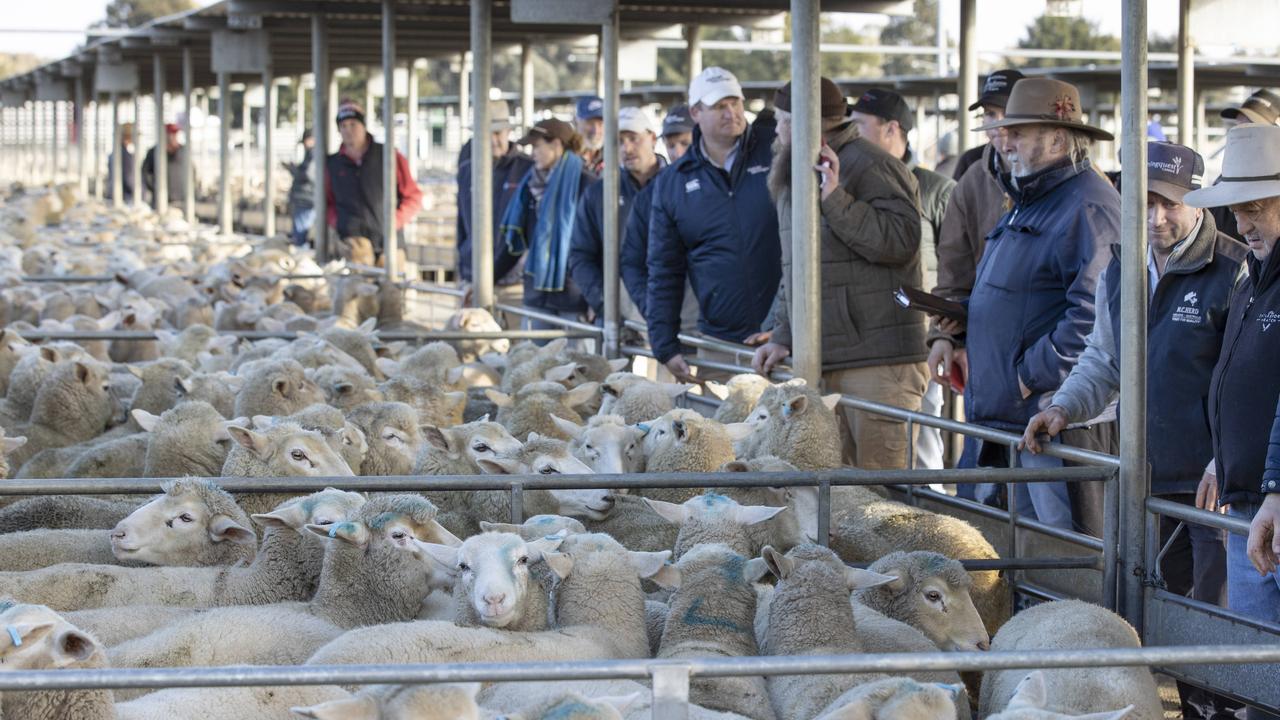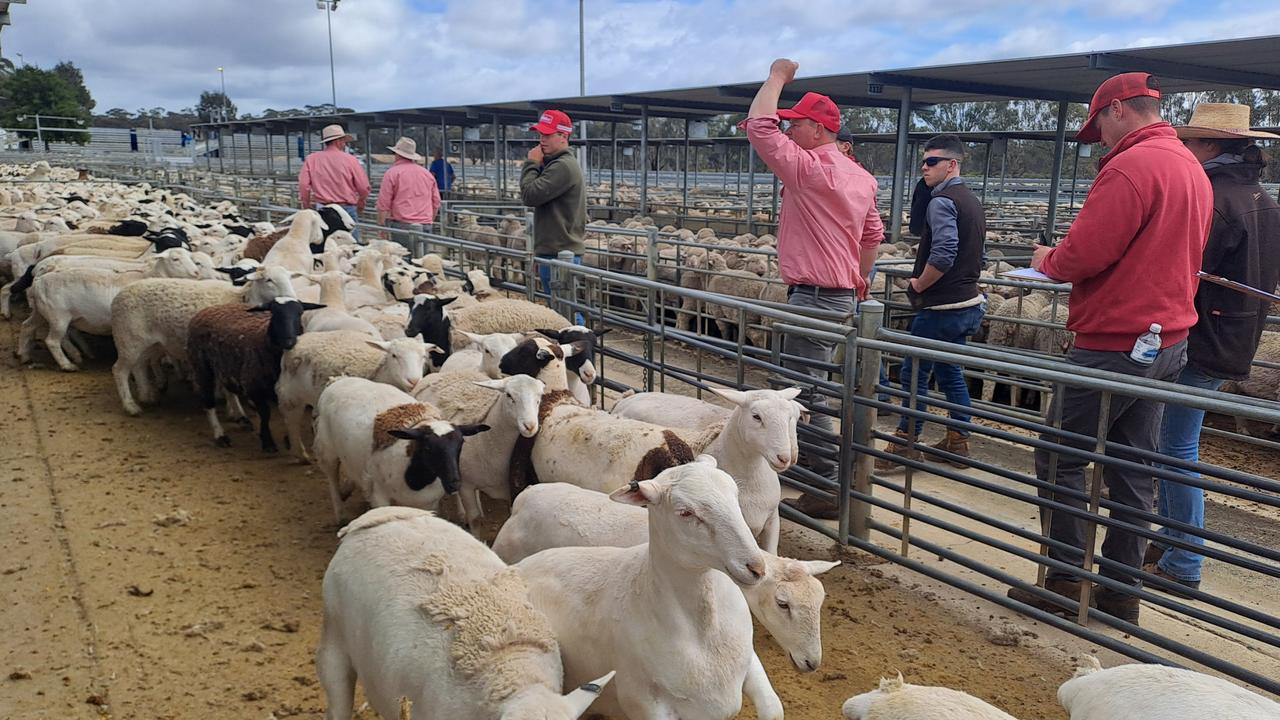Winners and losers in 2024 beef prices
It’s been a good year or tough year depending on which side of the beef supply chain you sit. And with exports on track to break records, find out what 2025 has in store.
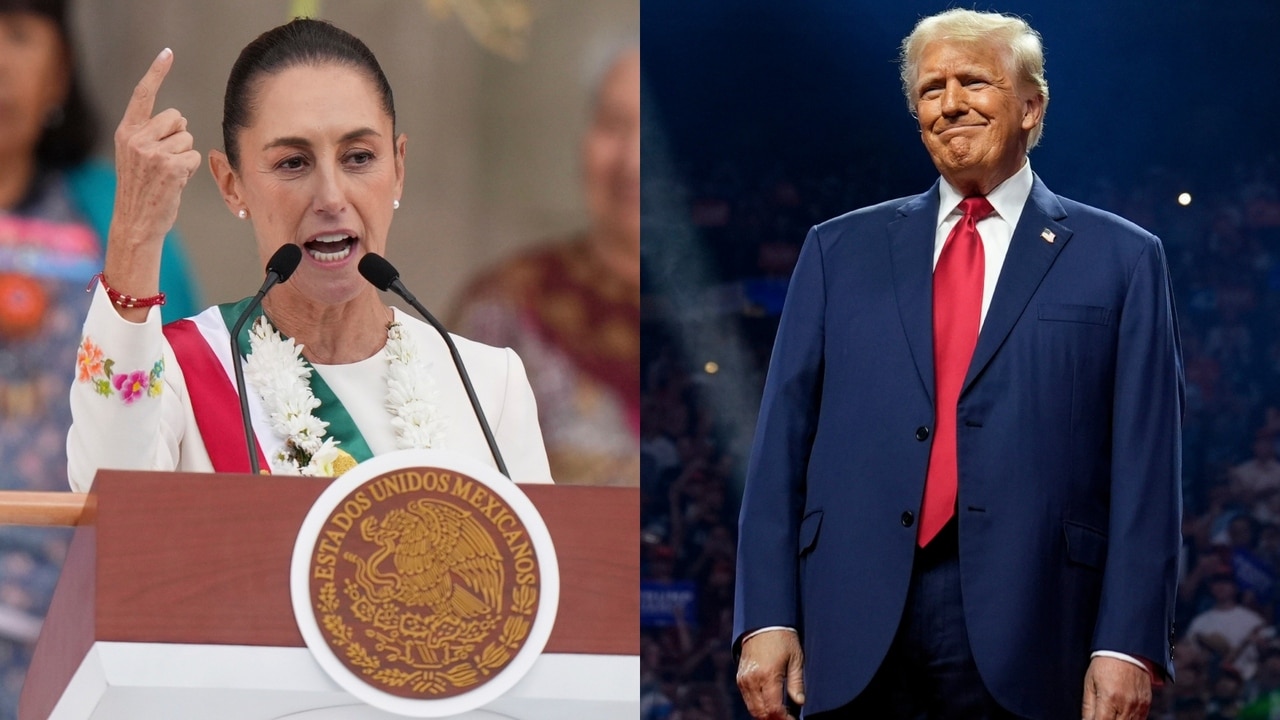
Ask any cattle producer or a meat processor about 2024, and there’ll be different takes on how it will be remembered.
From the producer angle, it’s been a challenging year according to Trevor Caithness from Bairnsdale.
While prices have been “bobbing along”, they are at the lower end of where they should be to cover the costs of production, and many producers may not be doing this.
“There have been a couple of patches where prices improved, but they were short lived,” Mr Caithness said.
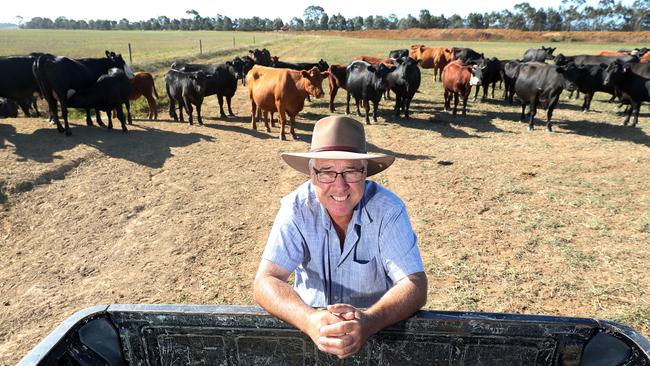
“It’s concerning that when we are in a period of highest ever exports, and extremely buoyant sales to the United States, that this is not flowing through.
“When you take into account the capital value of your land, the input and running costs, let alone interest if you owe money – well, I don’t think some producers realise just how tough it has been.”
But even though prices are far from the highs seen a couple of years ago, there’s promising news on the beef front.
RaboResearch food and agribusiness analyst Angus Gidley-Baird said it had been a good year for the industry.
“While cattle prices have not been as high as they were in 2021 and 2022, we need to remember they were record years and realistically unsustainable,” Mr Gidley-Baird said.
“We have also had historically high production with Q3 being the highest volume of beef we have ever produced.”
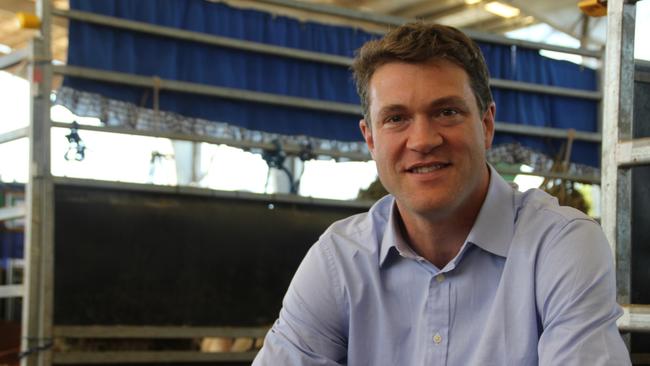
He said prices seen this year were “much more realistic given the current market situation”.
“Seasonally, conditions have been good for most cattle producers, although south eastern areas and some parts of Western Australia experienced some dry conditions that has added to feed costs and caused some additional cattle sales,” Mr Gidley-Baird said.
Fellow analyst Ripley Atkinson from StoneX said confidence played a major role in the beef industry this year.
“Supply and demand equilibrium have met a strong balance this year; processors and feedlots have managed higher cattle supplies and the market in turn has experienced some welcome stability,” Mr Atkinson said.
The volatility in cattle prices was shown in feeder steer prices, which Mr Atkinson said had moved in a range of 22 per cent.
“This represents a change in value of $290/head on a 430kg feeder steer – a significant swing if realised either way for buyers and sellers – and it tells you the cattle market continues to present volatility and risk.”
As far as 2025 is concerned, Mr Gidley-Baird said it was looking positive.
“If seasonal conditions are favourable – and current outlooks suggest this will be the case – we believe, positive producer sentiment will continue to support cattle prices,” Mr Gidley-Baird said.
“With a strong US market and lower world supplies of beef, global markets may provide some upside to prices.
“We do, however, note that with a high cattle inventory, our exposure to herd liquidation and price downside increases.”


